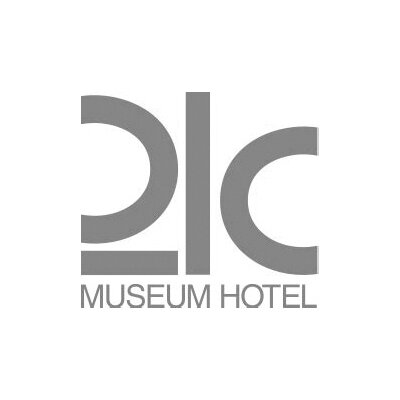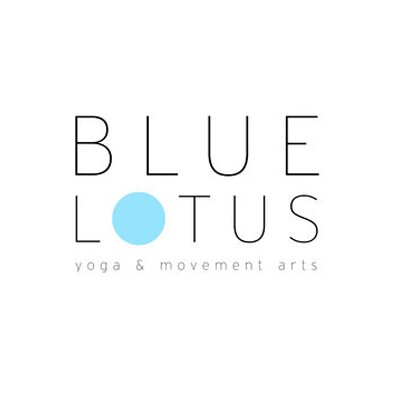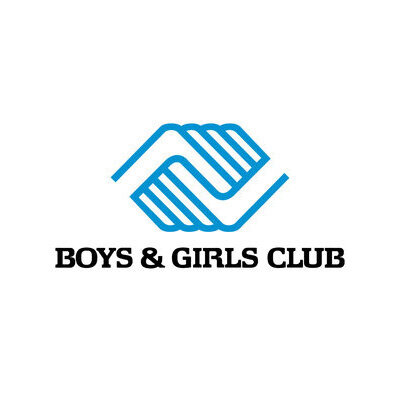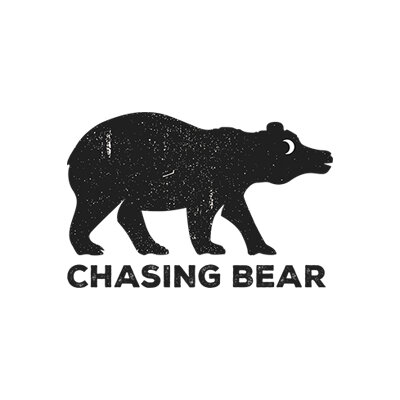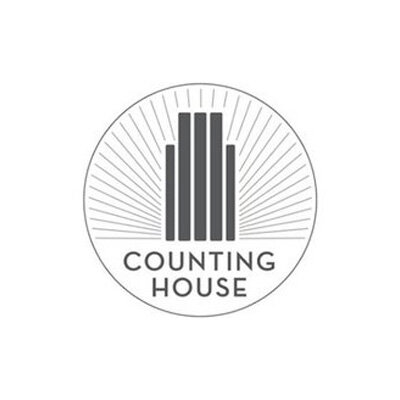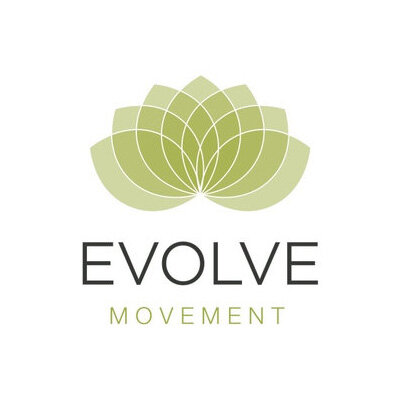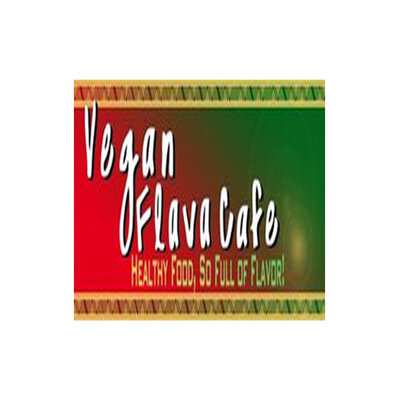LiveGlobally initiatives are co-created in collaboration with partnering organizations, alongside local initiatives, in communities where resources and help are limited. Together, we are stronger and sovereign.
The Global Villages model that LiveGlobally has designed over decades of experience replicable anywhere in the world because it is born of the strengths and needs that are present in any given location. Our team assesses infrastructure needs that include food, water, mental and physical wellbeing, and financing. Local and global partnerships are leveraged to build out the necessary services in sustainable and culturally relevant ways. Over time, the model is able to flex and adapt depending on timely needs and issues the community may face. The positive impact is nearly immediate and only builds over time.
United States
Supported 2,000+ children and adults with MindBody Centering Yoga programs (MBCY)
240+ MBCY classes offered at North Carolina Women's Correctional Facility
675+ free MBCY classes offered to the Durham, NC community
$3,000+ in arts & education grants for NC-based community projects
Kenya
Monthly salaries for 12 teachers & staff to sustain Ingrid Education Centre (IEC) curriculum in ($72,000)
375,000 and counting organic lunches served at IEC
Sustainable system to provide school children of IEC with 1,250+ locally made pairs of shoes & school uniforms
40+ Women's community micro-bank loans to support family prosperity
Costa Rica
Created local, reliable, and safe drinking water stations with self-sustaining catch water system for hundreds of families in rainforest communities
Remedied the suffering of critically ill children from parasites due to black-water pollution
Provided educational component in a public walk-through of the system so community members can create similar systems for their own homes
It takes a village of many to help communities across the globe.
LiveGlobally provides a source of mindful networking that can call out to the greater community of resources, from populations that may have become dis-enfranchised or impoverished. Our assessment paradigm targets the basic needs for health and happiness such as clean water, sustainable non-gmo food, safe environments for learning and skill-building that are requested by the unique environment of each community.
We learn to care and prioritize according to the evidence of shared experience. As an example, when assessing our friends in Nairobi, we live, eat, sleep, bathe, and learn within the community. Through sharing conversations and struggles, we have come to understand that there is a standard of biological wealth needed to sustain and support thriving.










